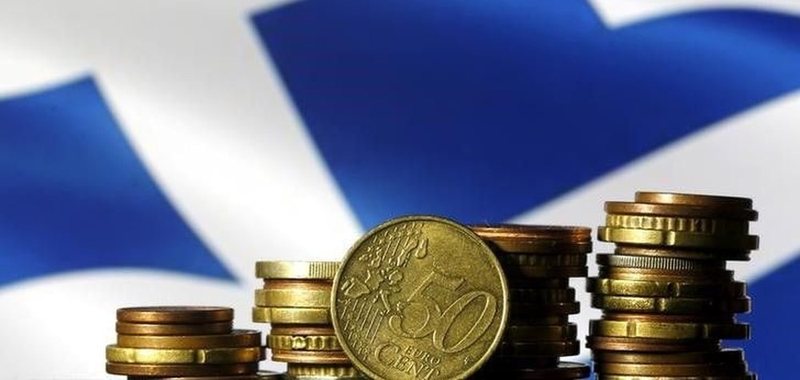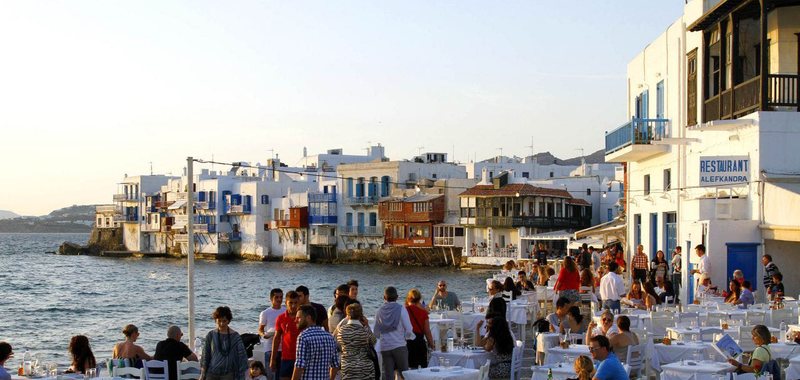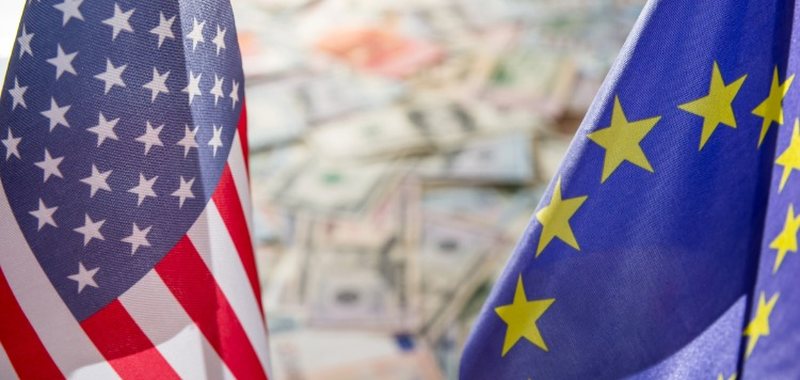How do elections affect the economy?!

In the run-up to the 2025 elections in Albania, the economic outlook appears to be calm, with stable economic growth and inflation, as well as increasing foreign investment. Economic growth, although slower than a year ago, remains at stable levels, while inflation decreased at the beginning of the year, preserving the purchasing power of citizens and monetary stability, to increase again in April. Foreign direct investment continues to grow, which testifies to the high confidence of international investors in the country's economic climate.
The significant increase in wages, especially in the public sector, is contributing to the improvement of living standards, while foreign trade is showing better balances and a lower deficit. These developments place Albania facing the elections in a climate of economic stability, confidence in the markets and improvement in key macroeconomic indicators.
During these months, economic growth, although positive, is slower than last year. According to the European Bank for Reconstruction and Development, economic growth in 2025 is expected to be only 3.7%. Similar estimates are given by the International Monetary Fund, which predicts that the Albanian economy will grow by only 3.8% this year.
Meanwhile, 2024 ended with a higher economic growth of 3.96% to be exact. In the fourth quarter, Gross Domestic Product (GDP) grew by 3.63%, driven mainly by public services, trade, real estate and construction, while industry and agriculture contributed negatively.
On the other hand, the trade balance has seen a significant improvement. In January-March, exports of goods reached 100 billion lek, increasing by 4.7%, while imports of goods reached 202 billion lek, decreasing by 3.5%, compared to a year earlier. The trade deficit reached 102 billion lek, decreasing by 10.4%, compared to the same period in 2024.
Foreign Direct Investment (FDI) in Albania continues to be one of the main drivers of the economy. Foreign Direct Investment (FDI) in Albania continues to be one of the main drivers of the economy. In 2024, they reached 1.6 billion euros, with an annual growth of 5.6%. The stock of foreign investment increased by 16%, reaching 62.1% of GDP. However, the structure of these investments remains concentrated: real estate is the most attractive sector, while agriculture, a sector with great potential for rural development and employment, remains on the periphery of investment interest. Turkey leads as the main source of investment, with 16.2% of the total or 257.3 million euros, followed by Italy (12.6%) and the Netherlands.
One of the clearest indicators of improving economic conditions during 2024 was the significant increase in wages. The average gross monthly wage in Albania reached 83,401 lekë, an increase of 18% compared to the previous year. This increase represents an important development in terms of strengthening the purchasing power of citizens and improving their economic well-being. Public sector wages increased faster than private sector wages.
In terms of inflation, it fell significantly at the beginning of the year. At the beginning of 2025, inflation stood at 1.9%, lower than in the same period last year, when it was 2.6%. Although inflation increased in April, it continues to remain below the Bank of Albania's 3% target. This puts Albania in a more favorable position compared to countries in the region and helps the Bank of Albania maintain a stable monetary policy.
But how do elections affect the economy?
It is normal that in every election year, governments increase public spending further.
For example, in this year's budget, public investments mark a record level of 6.1% of Gross Domestic Product. The main expenses go to financing the social security scheme, including the indexation of pensions. Meanwhile, the second largest item in budget expenditures are personnel costs, along with operational costs for the functioning of the administration.
During this year, there has also been a significant increase in local government spending.
The largest budget expenditures go to the Ministry of Health and Social Protection, including the assistance provided to certain categories, such as pensioners, families on economic assistance, the unemployed, etc. Next comes the Ministry of Infrastructure and Energy, due to the increase in funds for infrastructure investments. Fewer funds will be provided to the Ministry of Agriculture, a sector that will not receive much budgetary attention in next year's budget either.
Electoral processes also have an impact on exchange rates. Election periods are often associated with exchange rate fluctuations, due to political uncertainty and increased demand for foreign exchange. However, historically, there has been an immediate stabilization of the foreign exchange market after elections.
Also, some measures related to real estate, such as postponing the revaluation of properties until after the elections, have contributed to the increase in prices in the housing market, encouraging speculative purchases ahead of new fiscal decisions.
It is in this context that the political race takes place, with an economy that is performing well, but with other challenges ahead, and amidst promises of further growth.
Poll

174,488 electoral envelopes arrive from the diaspora - Which countries have sent the most votes from Albanian emigrants?
This Friday is the deadline for all Albanian emigrants living in Greece, but not on the Greek islands, to submit their electoral envelopes to DHL postal......

How is Greece affected by Trump's tariffs? - Direct and indirect effects on the Greek economy
Alpha Bank analysts are investigating the direct and indirect effects that the Trump administration's tariffs could have on the Greek economy. In......

Home banking "takes off" in 2025 - BoA: Around 22.5% more banking transactions via phone than in 2024
Albanians are increasingly conducting transactions through bank applications. The latest data from the Bank of Albania shows that during the first two months......

"Votes from Greece are being submitted manually to the CEC" - Nuri: Diaspora votes that come outside the protocol will not be recognized
The political leader of the diaspora for the Democratic Party, Jozefina Topalli, in a statement to the media, raises concerns about the irregularities that......

Car insurance, 12% more premiums in 2025 - AMF: Border insurance, the only product with a decrease in contracts in the first quarter
Gross premiums written from compulsory motor insurance have reached 3.3 billion lek. Data from the Financial Supervisory Authority shows that insurance......

IdentiTek offices open on Saturday, May 10th!
The Ministry of Interior announces that identity card distribution offices will be open on Saturday, May 10, 2025. This decision was made by the company......

Greece's travel sector "booming" - Reaches over 18 billion euros surplus in 2024
The Greek travel services sector recorded a surplus of 18.79 billion euros in 2024, an increase of 3.4% from the previous year, according to final data......

EU prepares countermeasures against US - 95 billion euros of retaliatory tariffs on American imports
The European Commission proposed countermeasures worth up to 95 billion euros on US imports if negotiations with Washington fail. The new measures, which......




















